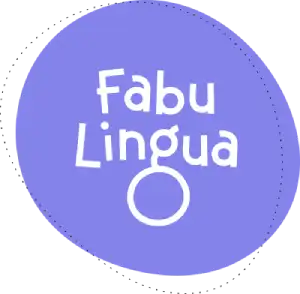The world is constantly evolving… I’m sure you’ve noticed in your own life—fashion and social media trends are changing, businesses are moving in and out of town, or maybe your kids are just growing and changing faster than you expected.
Whatever it is, now more than ever, we are growing increasingly tolerant of change.
On an even larger scale, global demographics are shifting. According to the World Migration Report, migration rates have been increasing for the past FIVE decades! 🤯 With a rise in migration comes increased exposure to new people, new cultures, and new languages.
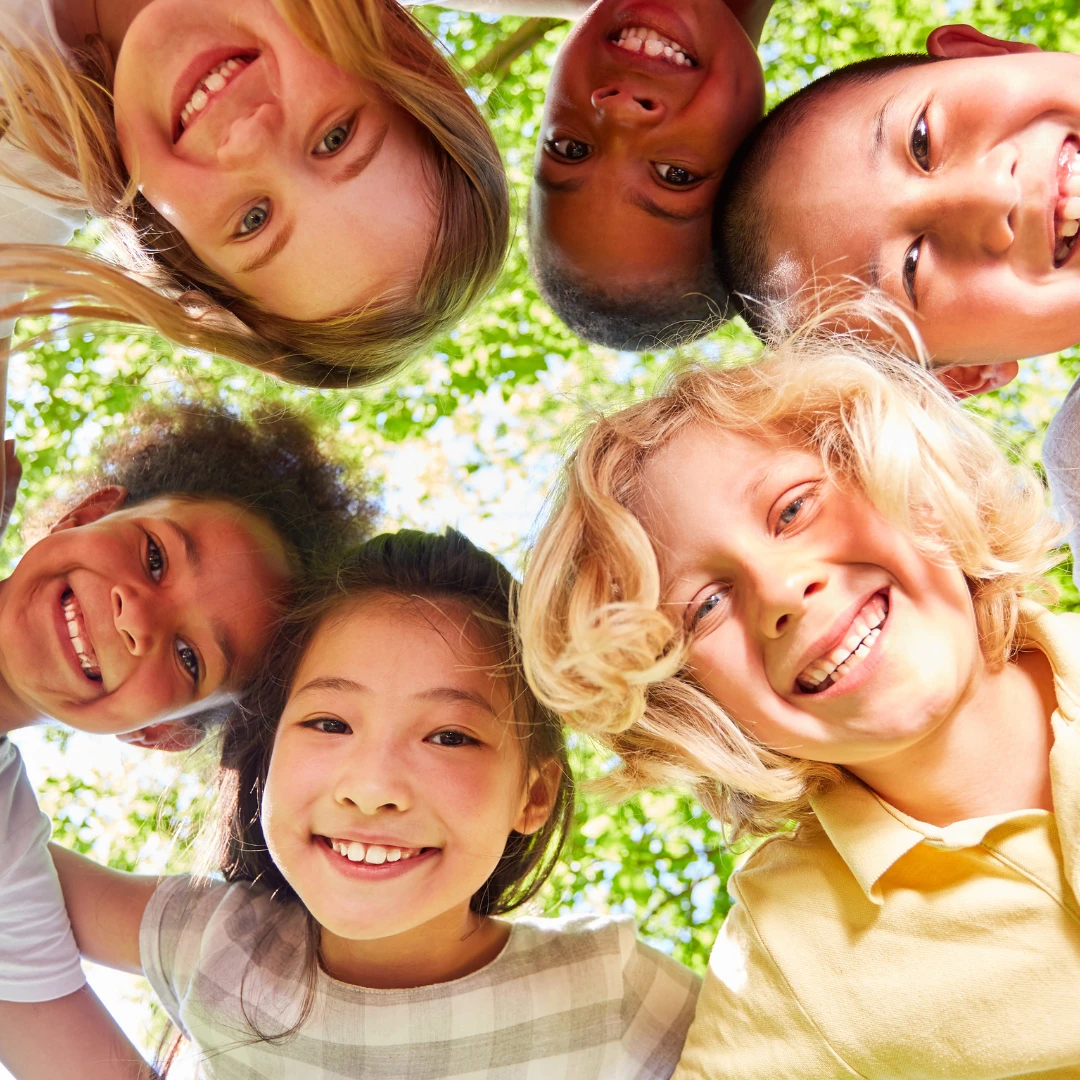
This shift can be intimidating to some people. What if I can’t understand the language or culture of my new country? How will my child relate to their new classmates? How am I going to help my child learn a new language if I don’t know the language myself?
Even aside from migration, modern access to technology and social media has allowed for all cultures and languages to reach an even broader audience. You don’t even have to travel outside of your home to be exposed to other languages or cultures!
Nearly half the world’s population is bilingual. In many countries, it is standard to learn multiple languages as a child. In the United States, however, learning a second language can often feel inaccessible or intimidating, even despite the melting pot that is the U.S.
In many states, second languages aren’t introduced until high schools (even though the prime age to learn a new language and develop native proficiency is considered 10 years and younger).
Second language education is often met with several barriers of entry: lack of funds, limited access to a fluent speaker, or just plain boredom.
That’s where FabuLingua steps in.
We created FabuLingua with the dream that language learning would be fun, convenient, and accessible!
When FabuLingua has fulfilled its purpose and mission, the world will be one where language learning is universally accessible, engaging, and enjoyable for young children, regardless of their background or resources.
With FabuLingua, here’s what this future could look like:
Seamless Multilingualism
Our dream is that children across the globe would grow up with the ability to speak multiple languages fluently, thanks to the widespread use of FabuLingua’s interactive, story-driven language learning platform.
It is commonly agreed by linguists that stories are the best way to learn a language, but how does this translate into a mobile game?
The FabuLingua Learning Path flows through a well-thought-out and science-backed sequence. Learners start with Magical Translations, where children will see only the Spanish text but hear the Spanish and its rhythmic English translation. The process is followed by 3 learning modes and 4 mini games that are each intentionally placed to help the user acquire the language in the most effective manner.
Check out the FabuLingua Learning Path here.
Our patented Magical Translations technology uses Comprehensible Input to introduce the language in a way that the user can understand and find interesting.
Comprehensible Input is a theory developed by linguist Stephen Krashen. Essentially, comprehensible input is language input that can be understood by listeners, even if they can’t understand all the words or structures in it. When the input is comprehensible, you understand the gist of what’s being said.
Check out or blog on Comprehensible Input & Spanish: The Secret to Second Language Acquisition to learn more!
We hope to continue increasing the number of languages we offer so that we can further promote the cultural understanding that comes from learning a new language.
By increasing the number of multilingual people, we would hope to foster cross-cultural understanding, collaboration, and empathy on a global scale.
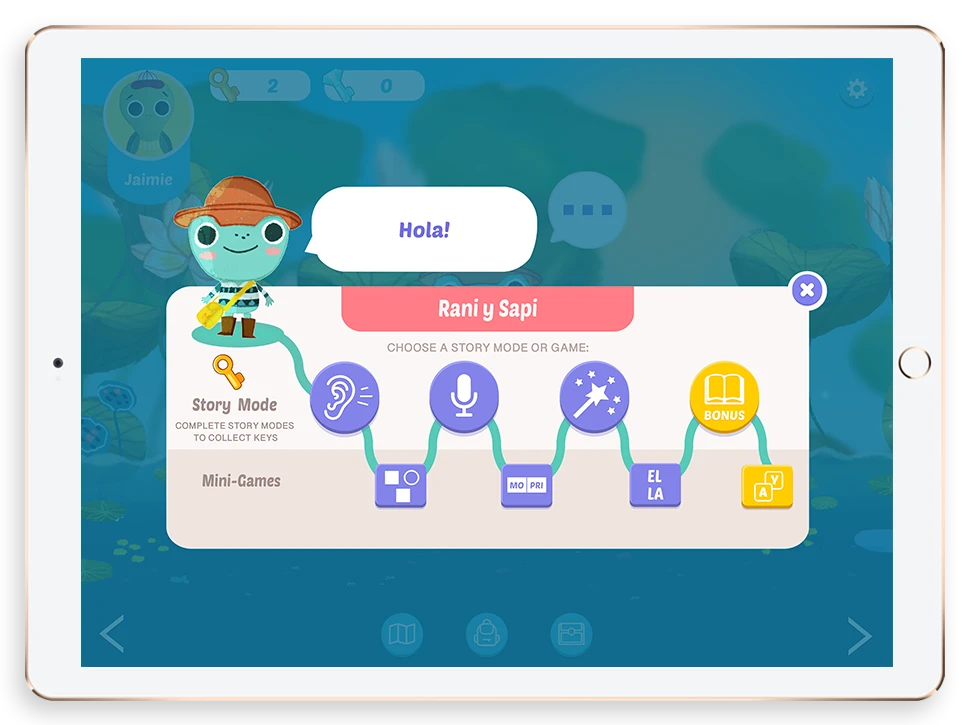
Education Democratization
While utilizing comprehensible input is effective, it can be difficult for teachers to implement this into their classroom, especially with multiple students.

The FabuLingua platform is self-guided, meaning no teacher or parent is needed for a child to learn the language, making the process more accessible.
Traditionally, second language acquisition has required a teacher or bilingual parent. This has the ability to marginalize those without proper access to a quality education, those with a low socioeconomic status, or those without an active family surrounding them.
With FabuLingua, no teacher, parent, or any prior knowledge is needed. All kids experience the same science-backed method and are able to do so at the pace that makes sense for them.
This will also allow for access to a wider range of languages, as extended personal time with a fluent speaker would not be necessary for language acquisition (although we highly recommend spending time with a native speaker of your target language if you ever get the chance!).
With FabuLingua, language learning, once an expensive and time-consuming process, would be democratized. Children in both developed and developing countries would have equal access to high-quality language education through FabuLingua, erasing barriers created by geographic or economic limitations.
Revolutionized Learning Paradigm
The common methods for second language education are often tedious, boring, and ultimately ineffective. I’m sure you remember your high school Spanish class, drilling verb conjugations and vocabulary lists to no end… But how much of that do you remember now?
Studies have found that when you are bored, you are inhibited from learning. In order to learn a language, you must be engaged, understanding, and free of stress.
Check out our blog on The Affective Filter & Language Learning.
Luckily, here at FabuLingua, we did our research 😉. We know that in order for a language app for kids to be successful, it must be FUN! That’s why we created our FabuLingua app using stories and games that actually appeal to children.
Through our revolutionized approach, we aspire to change the current landscape of children’s second language acquisition.
When our mission is complete, FabuLingua’s patent-backed approach and adaptive AI technology would have transformed traditional education systems, integrating fun, story-based learning into daily routines. The tedious, ineffective methods of rote memorization would be replaced by an engaging, immersive experience that feels more like playing a game than studying.

Cognitive and Emotional Benefits
Learning a new language has its obvious benefits—you can speak to new people, watch new movies, or even just put it on your résumé—but did you know that learning a new language has been scientifically proven to enhance creativity, problem-solving, empathy, and critical thinking?
Check out our blog “Why Bilingual is Better: Bilingualism and the Benefits of Being Bilingual” to learn how bilingualism promotes empathy, social & emotional intelligence, creative & critical thinking, executive function, focus & attention, and increases gray & white matter.
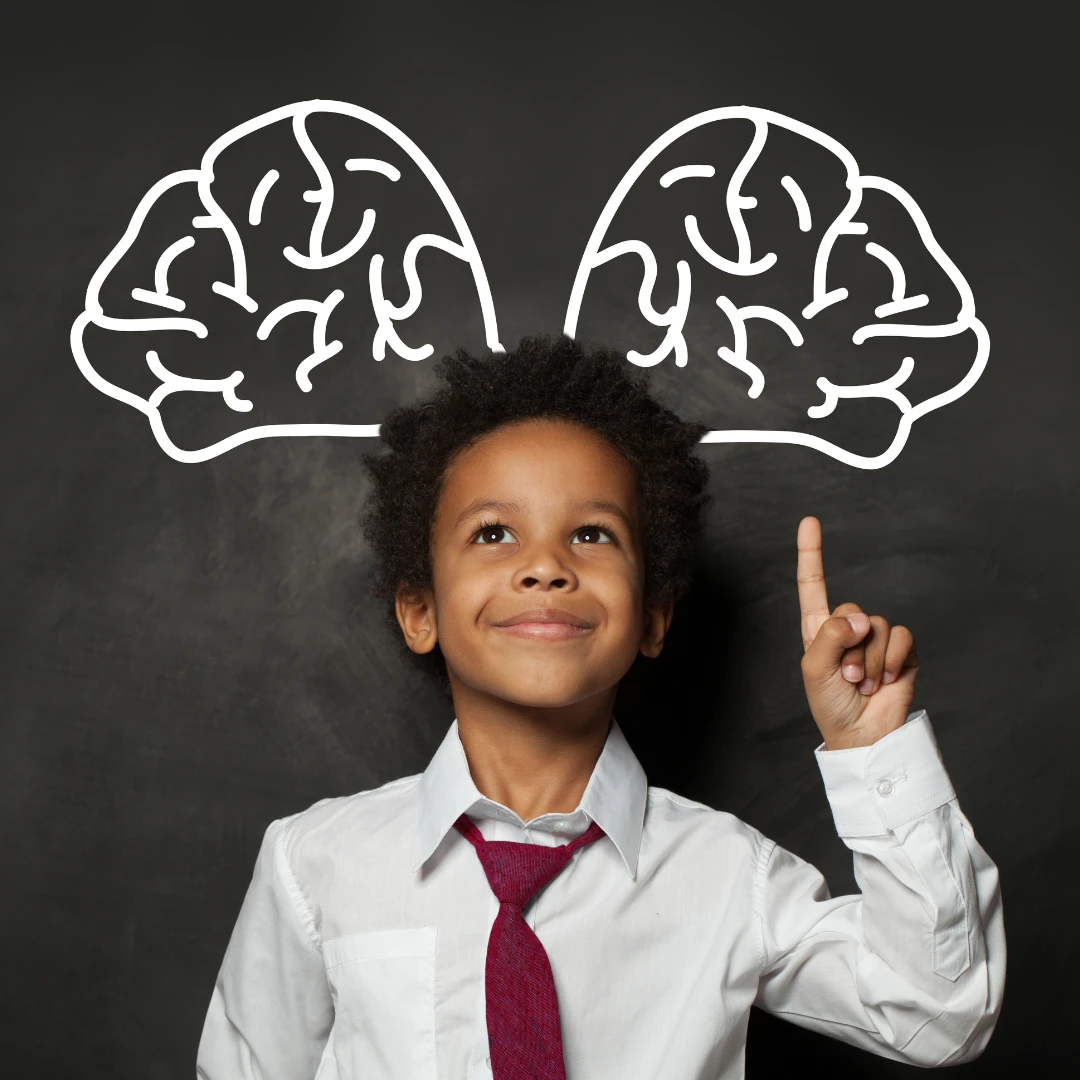
So, even aside from teaching a new language, FabuLingua also aids in cognitive and emotional development. In a society that is always changing, having an intelligent and adaptable brain is more important than ever!
In our ideal world, children would not only gain linguistic skills but also cognitive, creative, and emotional benefits. Learning through storytelling and games would have been more widely known to enhance creativity, problem-solving, empathy, and critical thinking—skills essential for success in the 21st century.
Global Market Integration
When we learn a new language, we are inherently exposed to a new culture, a new perspective, and a new way of life. This understanding helps us to connect with others, leveraging both social and economic opportunities.
It’s probably a bit strange now to think about increasing your child’s employment opportunities, but exposing them to a new language now will have great implications for their future!
The demand for multilingual employees is only growing. In 2019, it was found that employees with the ability to speak and understand another language increased their job prospects and salary by as much as 35 percent!
This demand isn’t just for translators, but for adaptable bilingual brains! Someone who has a large cultural understanding, can speak to a new set of people, and is willing and able to learn something new is much more appealing to an employer.
In our ideal future, multilingualism would become a core skill that enhances economic and social opportunities for future generations. FabuLingua’s model would have had a lasting impact on education, broadening employment opportunities and fostering global connections as communication between different cultures becomes effortless.
A Collaborative Ecosystem
One of the greatest issues students have with modern education is its standardization. Children are often expected to fit the mold of an educational system with little to no personalization or care for the individual student’s most effective learning process.
With FabuLingua, AI is used to adapt to individual learners, allowing for a more effective learning process.
In our work, we hope to inspire collaborations with educational institutions, government bodies, and other tech innovators to change how we view education methods, even beyond second language acquisition.
We hope that our AI-driven platform, which adapts to individual learners, will set the standard for personalized education in fields beyond language acquisition.
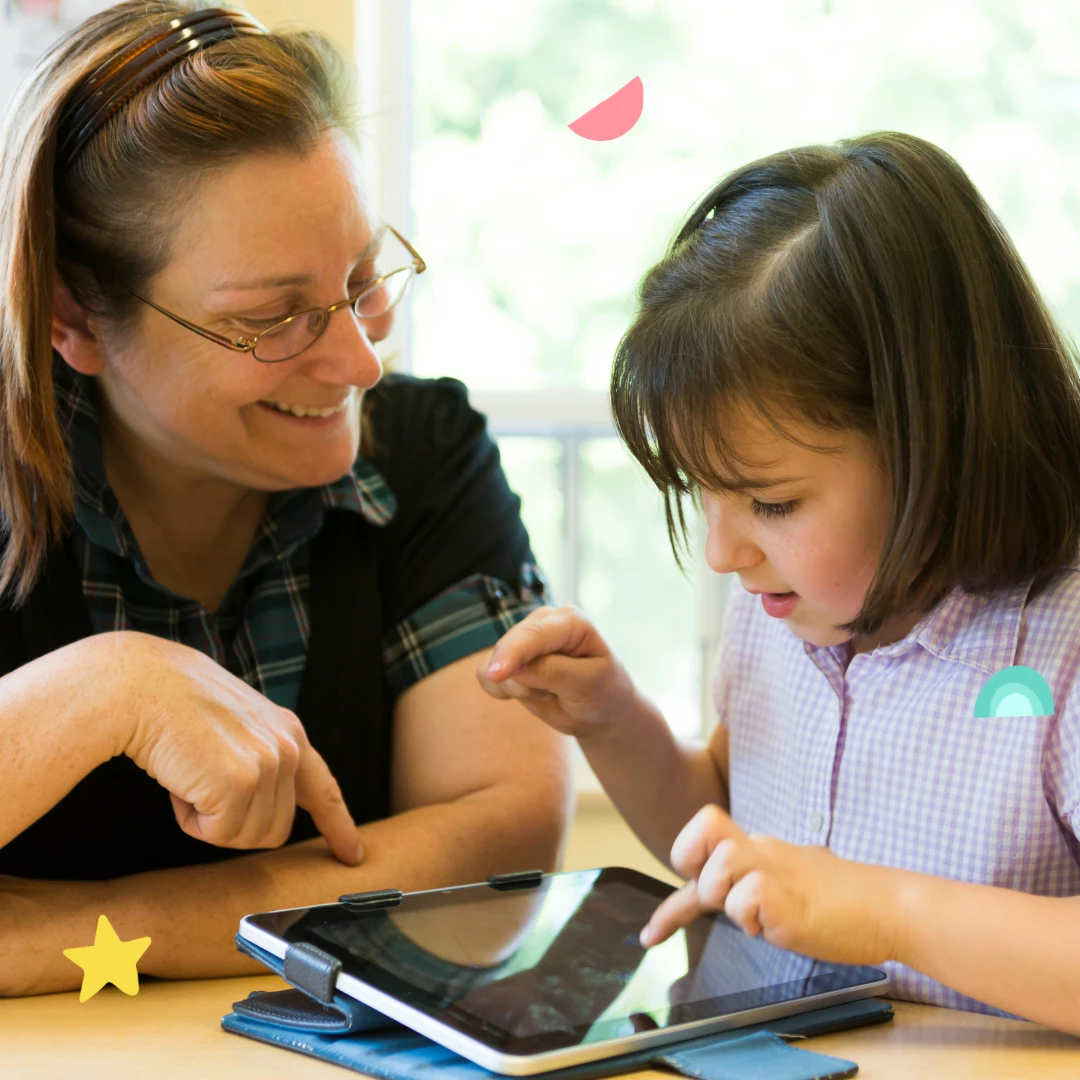
Play and Learning Unified
In the process of standardizing education, a lot of the magic of learning has been lost as well.
You may have noticed in your adult years that you enjoy learning a lot more than you did when it was forced upon you… Having the ability to watch a historical documentary is way more engaging than having historical facts drilled into your brain (just so you can take a quiz and forget about it all a week later 🤣).

There is a real shift that comes when learning in an interesting and stress-free environment. Not only is it more fun for the students, but they will actually learn the content better!
Our dream is that the magic of learning will be reignited and that the line between education and entertainment will begin to blur. We would hope that this would move into other educational spaces, even outside of language acquisition.
When our goals are accomplished, learning would be inherently fun, and children would be more engaged in their studies because the process would be rooted in interactive storytelling and game-based challenges.
Ultimately, FabuLingua’s mission would create a future where language is no longer a barrier but a bridge, fostering a more interconnected, empathetic, and educated global society.
Want to learn more about FabuLingua? Try for free today!
